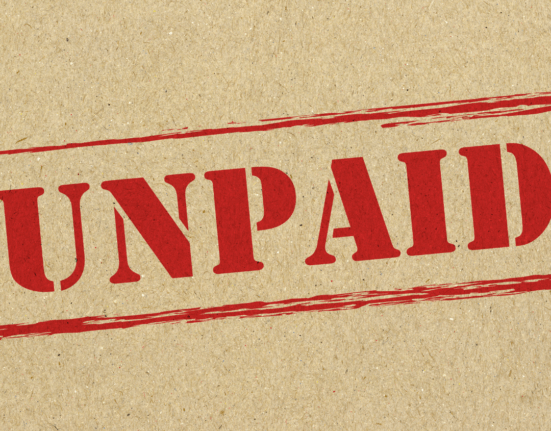How do you spend your time at work and what is it costing you? Slack’s Workforce Index, based on survey responses from more than 10,000 desk workers around the globe, uncovers new findings on how to structure the workday to maximize productivity and strengthen employee wellbeing and satisfaction.
When it comes to productivity, it’s not quantity of time spent working, it’s quality
Slack Study
Small business owners are often under a lot of pressure to maintain a productive workforce. They might assume that the more hours their employees work, the more productive they will be. However, recent research suggests that this is not the case. In fact, employees who take breaks during the workday tend to be more productive and have better wellbeing than those who work straight through. In this blog post, we’ll explore why breaks matter and how you can encourage your employees to take them.
The Data
A study conducted by Slack found that employees who logged off at the end of the workday had 20% higher productivity scores than those who felt obligated to work after hours. This suggests that working longer hours doesn’t necessarily lead to better results. Instead, it’s important for employees to have a clear boundary between work and home life, which allows them to recharge and come back to work the next day more focused and energized.
Breaks are Important

Taking breaks during the workday is also important for productivity and wellbeing. Half of all desk workers rarely or never take breaks. This is concerning because breaks provide an opportunity for employees to rest their minds and bodies, which can improve their ability to focus and be productive. Encouraging your employees to take regular breaks can help them stay energized and engaged throughout the workday.
So, how often should employees be taking breaks? On average, desk workers say that the ideal amount of focus time is around four hours a day. This means that taking a break every few hours can be beneficial. Additionally, more than two hours a day in meetings is the tipping point at which a majority of workers feel overburdened by meetings. If your employees are spending too much time in meetings, consider ways to shorten or eliminate them to free up time for focused work.
Optimal Times
Finally, it’s worth noting that certain times of day are more productive than others. Three out of every four desk workers report working in the 3 to 6 pm timeframe, but of those, only one in four consider these hours highly productive. This suggests that if possible, tasks that require high levels of concentration should be scheduled for the morning hours when employees are generally more alert and focused.
As a small business owner, it’s important to recognize that more work doesn’t always lead to more productivity. Encouraging your employees to take breaks throughout the workday can actually improve their ability to focus and be productive. Additionally, paying attention to the timing of meetings and tasks can help ensure that employees are working during their most productive times of day. By fostering a culture that values breaks and work-life balance, you can help your employees thrive both in and out of the office.
Related Article:







